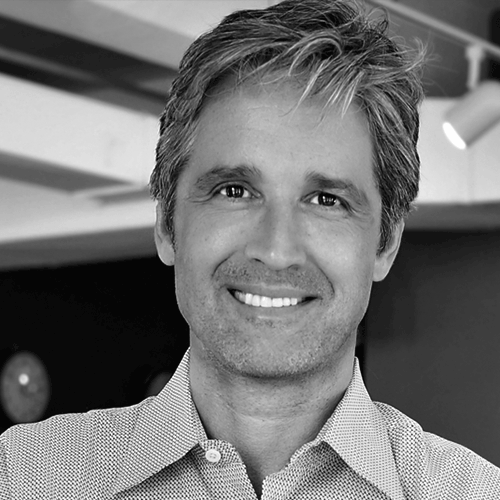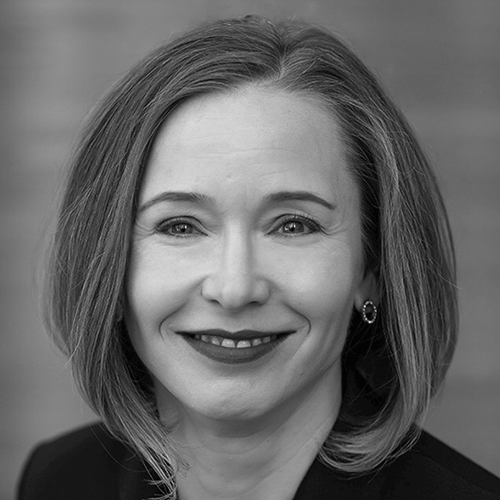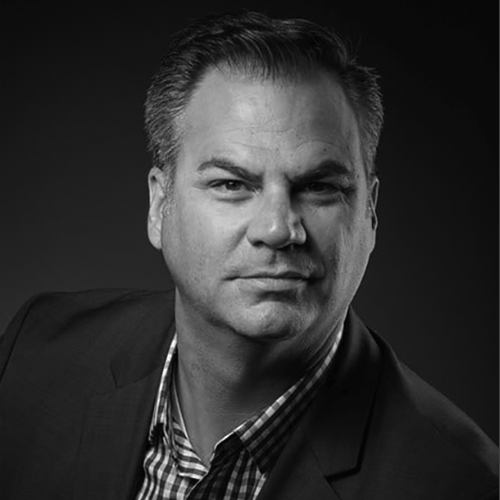Though coming from different backgrounds, all four experts agree: the future of healthcare will be radically different from its present.

Louis Gagnon
CEO, Total Brain
What does the future of healthcare look like to you?
The future of healthcare will hopefully be universal, integrated, and highly personalized. More than ever before in history, health data is available for us to deeply understand that, because everyone is truly unique, everyone reacts differently to treatments and medications.
What does connected healthcare mean to you?
Hopefully, connected healthcare also means a connected patient who is empowered by information and tools so that he or she can actively participate in his or her own healing process.
In the coming year, what kind of healthcare technology should healthcare professionals be implementing in their everyday processes?
Bio-feedback wearables, digital apps and sensors for patient monitoring, early interventions, and continuity of care. Sitting above them, health systems should leverage machine learning and artificial intelligence to devise treatment integration and personalization plans.

Mike Braham
CEO, Trapollo
What does the future of healthcare look like to you?
The future of healthcare is vibrant and exciting, with both the frequency and rate of change accelerating into the foreseeable future. I feel as though we are at a crucial tipping point of healthcare, shifting from predominantly sick care to “healthy care”, which is truly focused on the wellness of individuals throughout their life.
What does connected healthcare mean to you?
Connected healthcare is a beautiful mosaic, connecting the fragments of data, insights, and observations of someone’s personal health story, framed by the access points and multiple modalities of care delivery. The mosaic is a work in progress, ever evolving with refreshed information that continuously reflects the health of the individual.
In the coming year, what kind of healthcare technology should healthcare professionals be implementing in their everyday processes?
As health IT continues to rapidly accelerate, management changes and impacts to workflow need to be better addressed through technology. Professional and patient training also need to be enhanced before we further inject change in a dynamically changing industry.
What does the future of healthcare look like to you?
Driven by consumerism, data availability and use, and scientific innovation, we’ll see a focus on maintaining wellbeing, rather than treating illness — a shift from healthcare to health. In the future, consumers will be more willing to share their health data, and the architecture and analysis capabilities for that data will provide a real-time and holistic view of the consumer and their environment.
What does connected healthcare mean to you?
To me, connected healthcare means a healthcare system driven by greater data connectivity, interoperable, open, and secure platforms, and increasing consumer engagement. Interoperable, always-on data will promote closer collaboration among industry stakeholders.
In the coming year, what kind of healthcare technology should healthcare professionals be implementing in their everyday processes?
In 2020 we will see the desire for seamless, personalized, integrated care experiences to become more mainstream. For health plans, hospitals, and health systems, 2020 will likely be the year of the consumer as there will be greater consumer influence in many aspects of the health ecosystem.

Mylea Charvat
CEO, Savonix
What does the future of healthcare look like to you?
The future of healthcare will include digital technologies that offer some solutions for early detection and disease management for dementia and Alzheimer’s disease. Digital tools and wearables will make it more accessible for individuals to monitor their own health, and actively contribute to their care or help prevent diseases in the first place.
What does connected healthcare mean to you?
Connected healthcare is an opportunity to capture real-time data from people in everyday life using wearables, smart devices, and other technology. In partnership with Boston University School of Public Health, we are launching a three-year research study called ASSIST (Alzheimer’s Disease Discovery Study), that will collect data from participants using smart devices such as a tablet or phone to improve the detection, prediction, and understanding of dementia.
In the coming year, what kind of healthcare technology should healthcare professionals be implementing in their everyday processes?
Despite the crucial role the brain plays in maintaining our health, our cognitive health is not part of the annual physical. Digital cognitive screening should be a part of the routine physical, as many studies show that early detection of dementia is important in terms of treatment.


